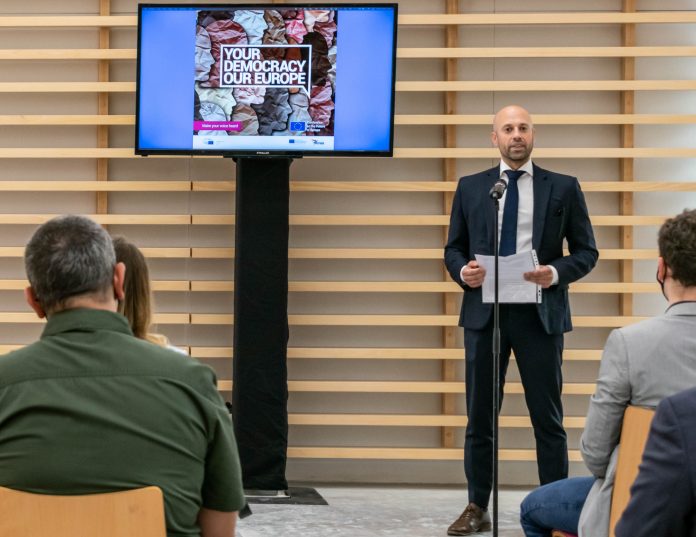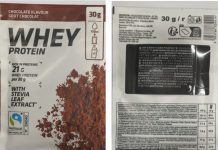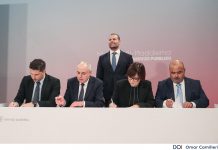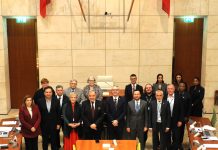‘Your Democracy, Our Europe’, an event co-organised by the European Parliament Liaison Office in Malta and Eurovoters, and held at the Valletta Design Cluster, focused on the theme of democracy as one of the themes listed on the citizens platform set up in the context of the Conference of the Future of Europe.
Dr Mario Sammut, Head of European Parliament Liaison Office Malta, introduced the event with the statement: “Democracy is a delicate object that needs to be handled with care. I think democracy has a close relative: peace, which is also fragile. Democracy may not be perfect, but it has tangibly proven to be the better system.”
Ms Ingrid Godkin, Cabinet Vice President for EU Democracy and Demography Commissioner Dubravka Šuica, said: “Democracy is not static—it is something that constantly evolves. In this context, politicians must also evolve to keep democracy fit for the future. Citizens are not objects of democracy; they are participants, irrespective of their age.”
The event, the first in the EPLO’s series of activities relating to the Conference on the Future of Europe taking place in Spring 2022, discussed the EuroVoters Erasmus+ project which focuses on strategies to help young people across the EU become more active and effective citizens. To fulfil this objective, the project develops media and news literacy, socio-emotional literacy, and social-justice literacy among young people.
As part of the event, Louis Debono, Erasmus+ and European Solidarity Corps Trainer also discussed some of the many activities undertaken as part of the EuroVoters project. He said:
“The most successful activity has been The Virtual Community of Practice. This project enabled students from De La Salle College to join a series of online discussions on being active citizens. This initiative generated a very high level of commitment.”
He stressed the importance of the inclusion of young people via transparent, respectful and accountable projects. Experience has shown that young people who participate actively in their respective communities early on in life are more likely to become active, engaged citizens and voters. These are factors which are essential for building and maintaining successful democracies.
Prof. Panayiotis Angelides, PhD, Vice Rector for Academic Affairs and Professor of Inclusion for School Improvement at the University of Nicosia in Cyprus, who also coordinates the EuroVoters project, said: “This Erasmus+ project aims to empower youth to act as agents of change towards a sustainable and equal Europe, enhanced by critical voting literacy.”
Antoine Gambin, VisMedNet Association and a partner of Eurovoters said: “Skills to debate, to form our own opinions and to be critical are essential in active citizenship. Often, we fear being labelled by our environment, only we forget that we have created our environment, we are part of it. The EuroVoters project aims to support young people to develop these skills and ensure they are active and articulate members of their respective societies.”
For more information on the EuroVoters project visit www.eurovoters.eu. The public is also invited to post their ideas and commnents on the Conference on the Future of Europe i at https://futureu.europa.eu/
Photo: Dr Mario Sammut, Head of European Parliament Liaison Office Malta










